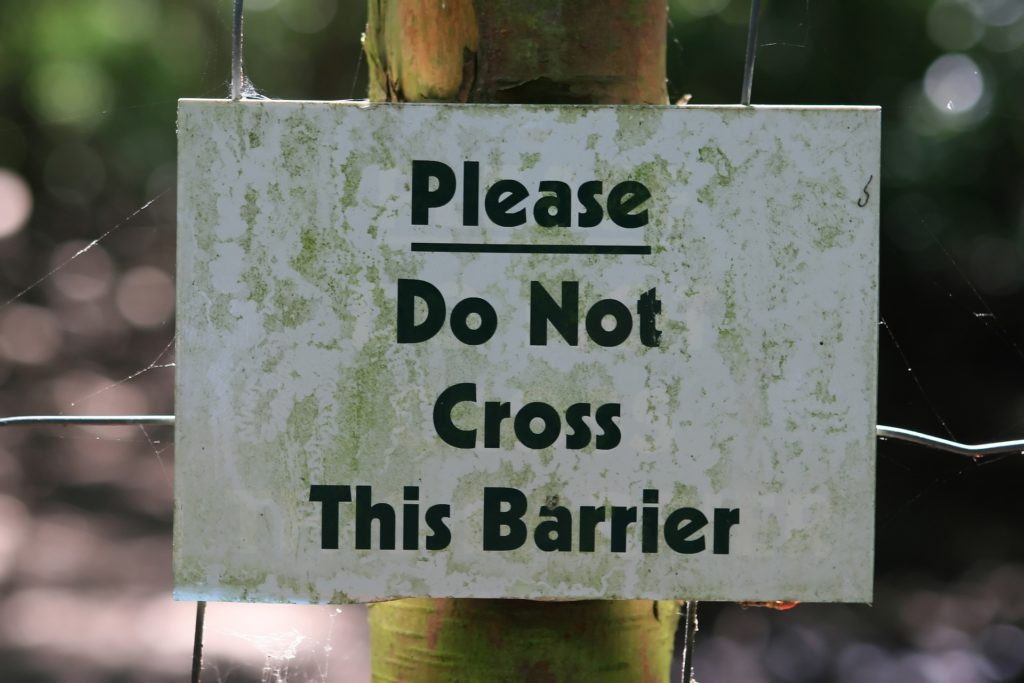The view across the border
It’s Sunday morning, and I’m sitting in the Feathers Hotel in Ludlow, bags half-packed, getting ready to chair the last of three panel discussions I’ve been overseeing here at the Ludlow English Song Weekend. The weekend’s programme, masterfully constructed by Iain Burnside, has been an exploration of Ireland – and I mean the island of Ireland, the Republic and Northern Ireland – in music and poetry, and we’ve all of us discovered gems in both categories we never knew before.
We’ve also learned, on our panels so far, just how little we all actually know about each other. Of course, if you’ve never met someone before, you’re unlikely to be able to name their first pet and describe the car they drive. But we assume that those of us living in England, Scotland, Wales, Northern Ireland and the Republic of Ireland have certain things in common. A language. A knowledge of a shared history. These things, at least.

But in the most fantastic conversations with John Gilhooly, Dame Ann Murray, Ailish Tynan, Dr. Aidan Thomson and others, it’s become quite apparent that this isn’t the case at all. Those of us who went to school in Scotland and England learned almost no Irish history at all. Those who went to school in the Republic were taught, at primary age, that the English were a nation of interlopers suitable only for hating, and this view was only expanded and adjusted with further study to university level. The priorities of education in N.I. and the Republic have been discussed. The use of English (or indeed, in some cases, the absence of it – Ann Murray recalled that speaking English at her school, rather than Irish, would have led to instant expulsion). There is so much that we didn’t know we didn’t know.
Of course, the topics have a particular relevance, and indeed urgency, given the current political landscape, and this morning’s panel will explore the notion of ‘Border Lines’, as we sit in the Assembly Rooms of this picturesque little town on the edge of the border with Wales. The panellists all hail from different places, different countries. It’s a raw subject. And one we are all very happy to have the opportunity to discuss openly.
Festivals – particularly one as full of friendliness and a sense of community as Ludlow – are the perfect venue for such conversations. When you’re in the company of others for several intense days, eating together and drinking together, conversations can be had and bonds formed which otherwise might take years to establish. And if, in the middle of this wonderful environment, you then ask people to consider questions like ‘where are you from?’ and ‘what does that mean?’, the opportunity to learn, understand and explore further is second to none. I’ve overheard people chatting about schooling, the characteristics of particular towns or villages or counties, accents, Irish dialects, political positions. I’ve heard people publicly not knowing things, and being prepared to ask. And this, of course, is the way to fruitful discussion. We are often very bad at daring not to know, at professing ignorance. We fear that ignorance will offend the other party. Yet often, assuming we can blag it – or that we can pretend we know – can lead to far greater difficulties. To have the courage to ask the question, and showing willingness to learn, is a tremendous means of stimulating of trust and communication.
And so it has been so far this weekend, where I’ve learned more than I could ever have dreamed, from new song and poetry to details about life in different parts of the Republic and N.I. There’s more still to come, I’m sure. And with it, there have also come new friends and colleagues, and an opportunity to try to understand each other better. That is a tremendously precious thing, and I’ve no doubt we’ll all leave Ludlow with plenty to reflect on, and a desire to learn more. To open channels of communication across borders: you can’t ask for much more than that.

Such an interesting piece, Katy. I’m only sorry G and I could not be there to experience it in person.
The panel discussions were so stimulating – a real highlight of a great festival weekend. Thank you so much for your skilful chairing of the sessions.